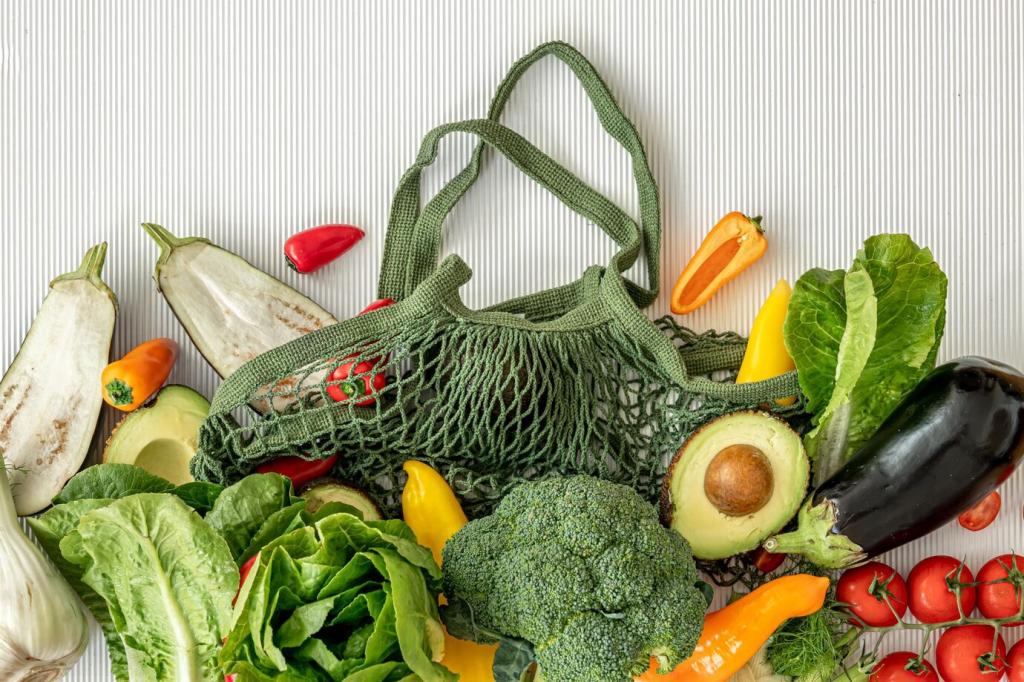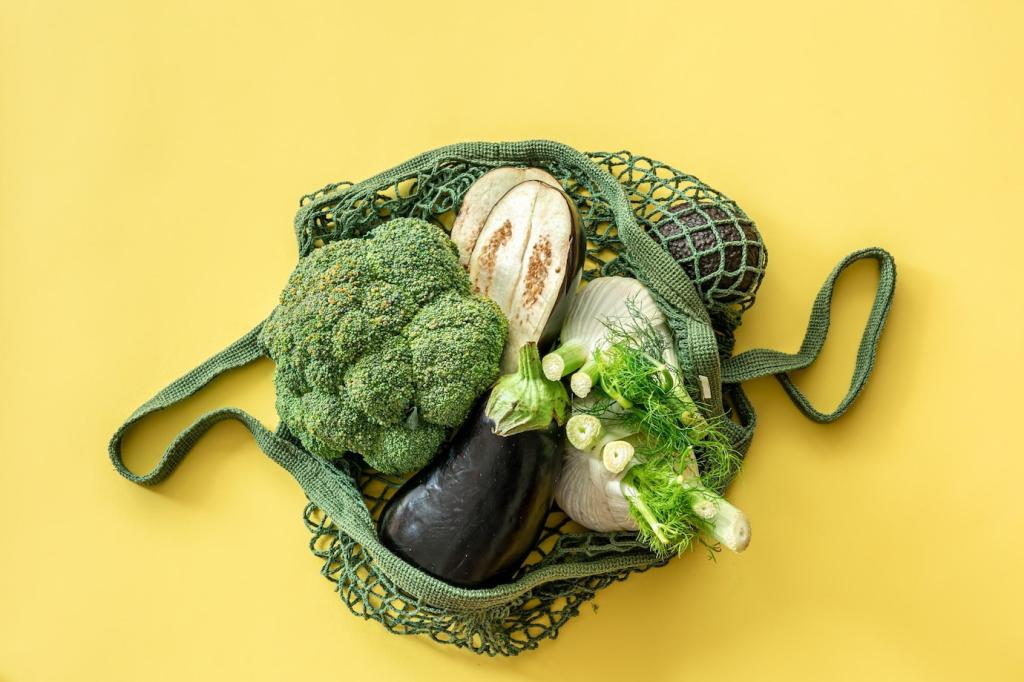Understanding the Principles of Ethical Consumption
Chosen theme: Understanding the Principles of Ethical Consumption. Explore how values, transparency, and practical habits can transform your buying decisions into meaningful acts that respect people and planet. Share your questions in the comments and subscribe to continue the conversation.

Aligning Purchases With Personal Values
Ethical consumption begins with knowing what matters to you—workers’ rights, climate stability, animal welfare, or community resilience—and translating those priorities into purchasing habits. Comment with your top values, and we will explore tactics tailored to your goals.

Transparency and Traceability
Behind every product is a chain of growers, makers, packers, and drivers. Traceability reveals who benefits and who bears hidden costs. Ask brands where materials come from, and share any company responses with our community to keep the discussion honest and practical.

Embracing Sufficiency
Ethical consumption is not only buying better; it is also buying less. Choosing enough over excess reduces waste and stress. Have you tried a no-buy month or a capsule wardrobe? Tell us what worked, and inspire another reader to try it.
The True Cost Behind Everyday Products
Every stage—resource extraction, processing, packaging, transport—adds emissions and waste. Life cycle thinking helps compare alternatives realistically. Share a recent swap you made, like bar soap over bottled, and how the footprint and your routine changed.
The True Cost Behind Everyday Products
A garment worker once told a union organizer, “I stitched 800 collars in a day, but I still cannot afford my daughter’s textbooks.” Remembering voices like hers keeps ethics personal. If a brand shares wage data, post it here for open scrutiny.


Pause, Research, Choose
Before buying, pause for one minute, research one credible source, and choose accordingly. This tiny ritual compounds into wiser decisions. Bookmark your favorite certification guides, and tell us which sources you trust so newcomers can learn faster.
The Thirty-Use Rule
Ask whether you will use an item at least thirty times. If not, consider borrowing, renting, or skipping. This simple question lowers clutter and costs. Try it this week and report back on one decision it helped you rethink.
Decoding Certifications and Labels
Fairtrade and Living Wage Signals
Fairtrade indicates minimum price safeguards, community premiums, and standards for labor. Living wage certifications go further by targeting actual household costs. When a brand publishes wage benchmarks, save the link and share it here to boost collective accountability.
Organic, Regenerative, and Beyond
Organic limits synthetic inputs, while regenerative practices focus on soil health, biodiversity, and carbon sequestration. The best systems often combine both. Tell us which farms or brands you have found that explain their practices clearly and welcome farm visits or audits.
B Corp and Impact Claims
B Corp certification reflects governance and social performance, but scores vary, and certifications evolve. Treat any badge as a starting point, not a final answer. If you spot greenwashing or genuine leadership, drop examples so our readers learn to distinguish both.



Cloud Carbon and Smart Streaming
Resolution, autoplay, and background tabs drive energy use. Choosing standard definition on a small screen can meaningfully reduce data transfer. Try adjusting defaults this week, then report how your experience changed and whether you noticed any quality difference.
Device Longevity and Right to Repair
Keeping devices longer beats frequent upgrades. Cases, battery care, and repair-friendly models matter. Look for spare parts and repair guides before buying. If you negotiated a repair instead of replacing a device, share costs, steps, and lessons to help others succeed.
Data Ethics as Consumer Choice
Privacy policies, dark patterns, and data sales are ethical consumption issues. Choose services that minimize tracking and respect consent. Tell us which tools meet your standards and where you still compromise, so we can map realistic, respectful digital alternatives together.
A short email—polite, specific, and measurable—can nudge change. Ask for supplier lists, wage data, and emissions targets with timelines. If you receive a response, paste key points here. Collective visibility rewards honest brands and pressures laggards to improve.
From Consumer to Advocate
Buying better matters, but policy shapes markets. Bag bans, repair access, and toxics disclosure laws grew from citizen pressure. Share a local campaign you support, and consider subscribing for action alerts so we can mobilize together when opportunities arise.
